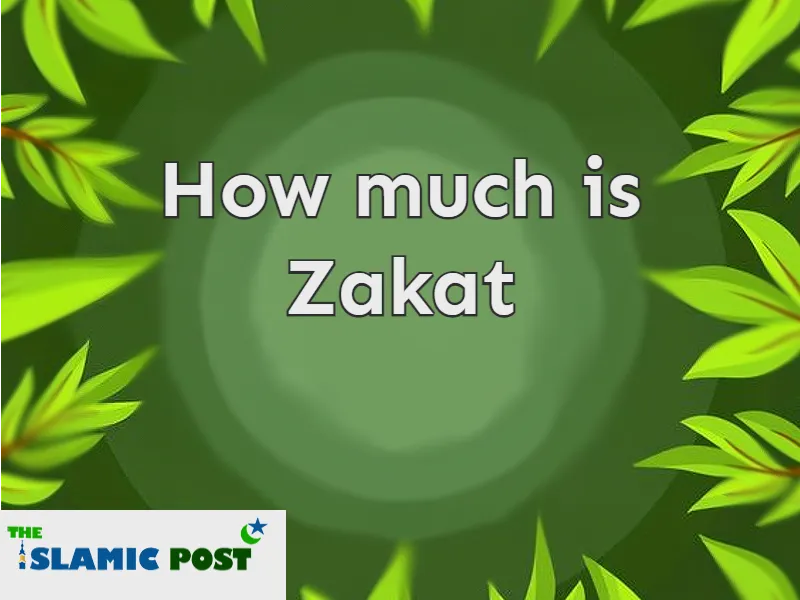
Zakat in Arabic is a term that means “purification” or “growth.” In Islam, Zakat refers to the mandatory charitable donation that every adult Muslim who meets the specific criteria must pay annually. It is a means of purifying one’s wealth and helping those in need, as emphasized in both the Quran and the Hadith (sayings and actions of Prophet Muhammad, peace be upon him). The importance of Zakat in Islam is highlighted by its role in purifying wealth and aiding the less fortunate.
Who is entitled to take Zakat?
Zakat is calculated as 2.5% of one’s net wealth, and it is one of the Five Pillars of Islam, making it a fundamental practice within the faith. This practice is not only about the wealth possessed at the time of calculation but also about the consistent application of this practice. The recipients of Zakat are defined in the Quran as
- The poor (Al-Fuqara),
- The needy (Al-Masakin),
- Those employed to collect Zakat (Al-‘Amilin),
- Converts to Islam (Al-Mu’allafatu Qulubuhum),
- Those in bondage or debt (Ar-Riqab),
- In the cause of Allah (Fi Sabilillah),
- Wayfarers or travelers in need (Ibn as-Sabil), and those appointed to administer Zakat (Al-Gharimin).
Zakat Al Fitr
Zakat al Fitr is a specific form of Zakat paid at the end of Ramadan, marking the breaking of the fast, and it is required of all Muslims regardless of their financial status unless they honestly do not have the means to do so.
The ultimate goal of Zakat is to establish justice for all and to foster a sense of community and compassion among Muslims.
How to calculate the amount of Zakat?
Calculating the amount of Zakat on investments involves several steps, as different scholars and Islamic finance organizations offer various methods for assessing how much Zakat is due to different types of assets. Here are the most common approaches:
- Zakat on Stocks and Shares:
- The traditional approach suggests paying 2.5% of the market value of the stocks and shares you own if you are a trader intending to buy and sell for short-term profit.
- For long-term investors, a common approach is to pay 2.5% on the dividends received from the shares, or 2.5% of the net asset value of the company, if you own a significant portion of the company.
- Zakat on Funds (e.g., Mutual Funds, Index Funds, and Pension Funds):
- A common method is to pay 2.5% of 25% of the investment value in the fund. This approach considers that a portion of the fund’s assets are likely to be zakatable.
- Zakat on Gold and Silver:
- The Nisab threshold for gold is the equivalent of 85 grams of gold. If you own gold or silver that exceeds this threshold, you must pay 2.5% of the market value of the gold or silver as Zakat.
- Zakat on tradable goods: This is only at the Maliki Fiqh school. The amount of Zakat on tradable goods is 2.5% of the total value of the invested money and tradable goods at the time of the Zakat calculation. This rate applies to the overall value of tradable assets, including both the original investment and any profits earned from it. The calculation is based on the principle that Zakat is payable on the total value of Zakatable assets at the end of the lunar year, even if the assets were acquired throughout the year.
Remember, the calculation methods can vary depending on the type of investment, your intention for the investment, and the scholar or organization providing the guidance. It is advisable to consult with a qualified Islamic scholar or financial advisor to determine the most appropriate method for your specific situation.
